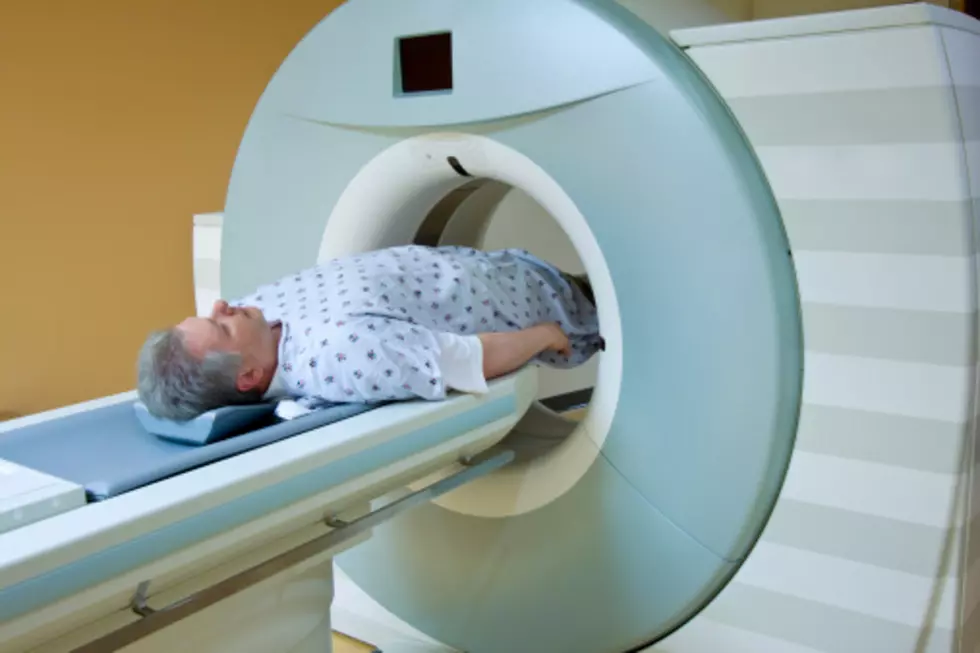
Study: Annual Prostate Cancer Screening Does Not Provide Mortality Benefit
Annual prostate cancer screening does not lower mortality from prostate cancer more than opportunistic screening, according to a new report from researchers at Washington University School of Medicine in St. Louis.
Researchers analyzed data from 76,685 men between the ages of 55 and 74 who underwent either annual serum prostate-specific antigen (PSA) testing for six years and annual digital rectal examination (DRE) for four years or usual care, where men occasionally had opportunistic screenings.
Participants were tracked up to 13 years. At 13 years, 4250 men in the PSA group versus 3815 in the DRE group had been diagnosed with prostate cancer. There was a 12 percent relative increase in the incidence of prostate cancer and a non-statistically significant decrease in the high incidence of high-grade prostate cancer in the PSA.
“The data confirms that for most men, it is not necessary to be screened annually for prostate cancer, “said lead study author Dr. Gerald Andriole. He added a “more nuanced approach” is needed to properly identify those men who should undergo PSA screening and how frequently they should be screened.
In 2008, the U.S. Preventive Services Task Force concluded that there was insufficient evidence to assess the balance of benefits and harms of prostate cancer screening in men younger than age 75 years. The agency, who is independent of the federal government, has since advised against annual screening.
More From WFNT










